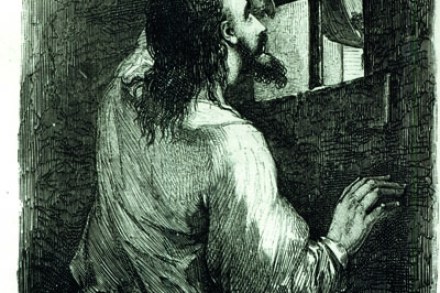A dark family past
Like the Dombeys, Pitts, Amises et al, les Dumas are famously père et fils, but there was of course also a grand-père, Thomas-Alexandre, or ‘Alex’ the first, who was a wildly romantic figure, a gallant and tragic hero, and the defining influence on his son’s life and work. In his memoirs, of which he devotes












